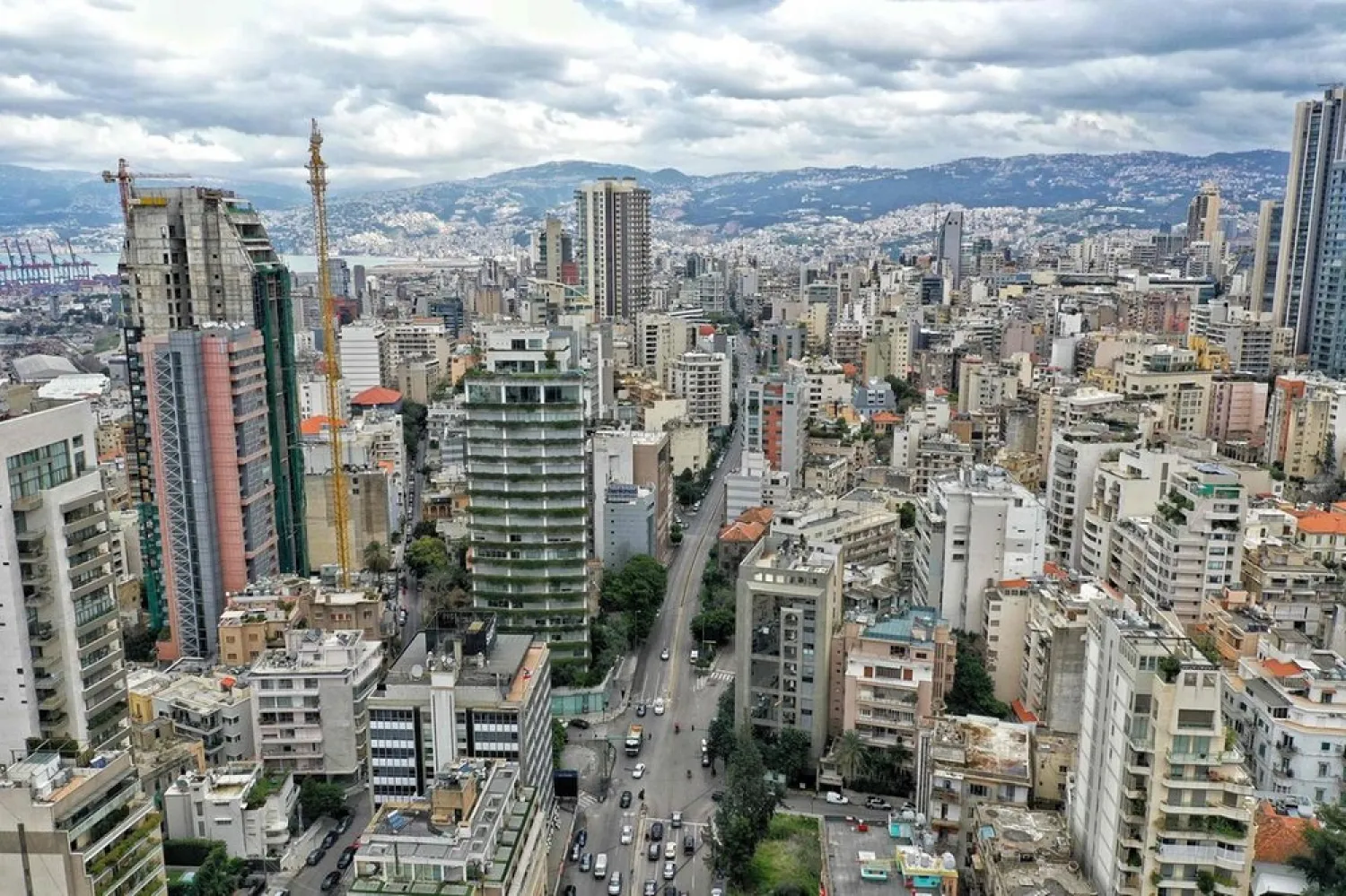Lebanon started a new two-week lockdown Saturday after coronavirus infections crossed the 100,000 mark in a country where hospital capacity has become saturated.
The capital's roads were largely empty and police checkpoints had been set up at several locations, while the seaside promenade often thronging on weekends was deserted, an AFP photographer said.
The airport however remained open, as did essential businesses.
Under the measures announced, during the day people were to stay home unless they were granted an exception, and only cars with certain number plates were allowed on the roads.
A nighttime curfew was to come into force from 5:00 pm (1500 GMT) to 5:00 am (0300 GMT).
Lebanon, with a population of around six million, has been recording some 11,000 coronavirus infections on average each week, the health ministry said Thursday.
Since February, the country has recorded 102,607 Covid-19 cases, including 796 deaths, it says.
A first country-wide lockdown imposed in March was effective in stemming the spread of the virus, and restrictions were gradually lifted as summer beckoned people outdoors.
But the number of coronavirus cases surged following a monstrous blast at Beirut's port on August 4 which killed more than 200 people, wounded at least 6,500, and overwhelmed hospitals.
The new restrictions are set to last until November 30 but the authorities have said they could be extended, as they fear the health system would not be able to cope with many more cases needing intensive care.
"The situation is critical and getting worse," Said al-Asmar, a pulmonologist at the main public hospital in Beirut dealing with Covid-19 cases, warned on Friday.
Sometimes, "patients need intensive care, but we have to leave them in accident and emergency," the doctor at the Rafik Hariri Hospital told AFP.
The World Health Organization said at the end of October that 88 percent of Lebanon's 306 intensive care beds were occupied.









